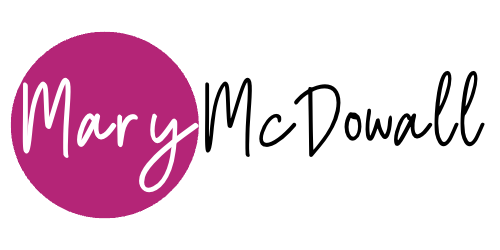What do you think of when you hear the words master mind? 8/19/2016
/I have to admit that a few years ago the first thing I thought of was the logic game Mastermind by Parker. I'm actually pretty good at it. Then my geeky side would bring to mind, pun intended, the talent of Star Trek’s Mr. Spock and his mind-meld technique.
But before the game and before the science fictional talent, a man named Napoleon Hill coined the term master mind (two words) in reference to "The coordination of knowledge and effort of two or more people, who work toward a definite purpose, in the spirit of harmony." The concept grew and caught on and today people all around the world meet in master minds. Some are large groups, while others are small and exclusive. Today people meet not only in person but also through online groups and with video conferencing.
For some, the term master mind brings forth images of men in business suits, high power and high pressure. For others, what comes to mind are informal groups or circles of people with similar interests and pursuits looking to share information and receive support.
I've had the opportunity to participate in both large and small with varying degrees of formality. And I always felt that something was missing. Something that I couldn't put my finger on. Something that would make the difference in how I could best participate and benefit.
Then at the beginning of 2015, I connected with another Master Kaizen-Muse Creativity Coach™, Kathy Kane. Little did we know then where that collaboration of minds would lead. We met to discuss master minds and how to design one that better supported creative people and the non-linear creative process. That meeting of the minds turned into something greater than we could have imagined. And we both have big imaginations!
The result was a master mind like no other. A KMI Master Mind.
First, we looked at all the things we liked about master minds (connection, community, idea development, accountability). Then we removed the things that didn't feel right. High pressure from unrealistic expectations and a self-imposed sense of feeling overwhelmed by the need to keep up with the Jones.
Next we added in creativity -oodles of it - in the form of creativity tools, idea generation and elevation. We included creativity in the setting and structure with opening and closing rituals that included guided relaxations. We embraced the Kaizen approach of getting things done through small questions and small continuous steps. We found this way to be fun and filled with self-compassion. We found ourselves enjoying the process more and focusing less on a rigid end result. We began to build a steady momentum towards our goals, one that was easy to maintain and sustain.
But that's not all. We wanted to feel a sense of accomplishment during the master mind itself and not leave it with an even longer to do list. So we added Parallel Universe Time™, a tool created by Jill Badonsky, founder of Kaizen-Muse Creativity Coaching™. In each master mind session there is time dedicated to taking action - to taking a small step or two or three. We wrapped all this goodness up in a flexible structure which follows a set agenda but leaves room for creative and intuitive detours.
And there is so much more ...

